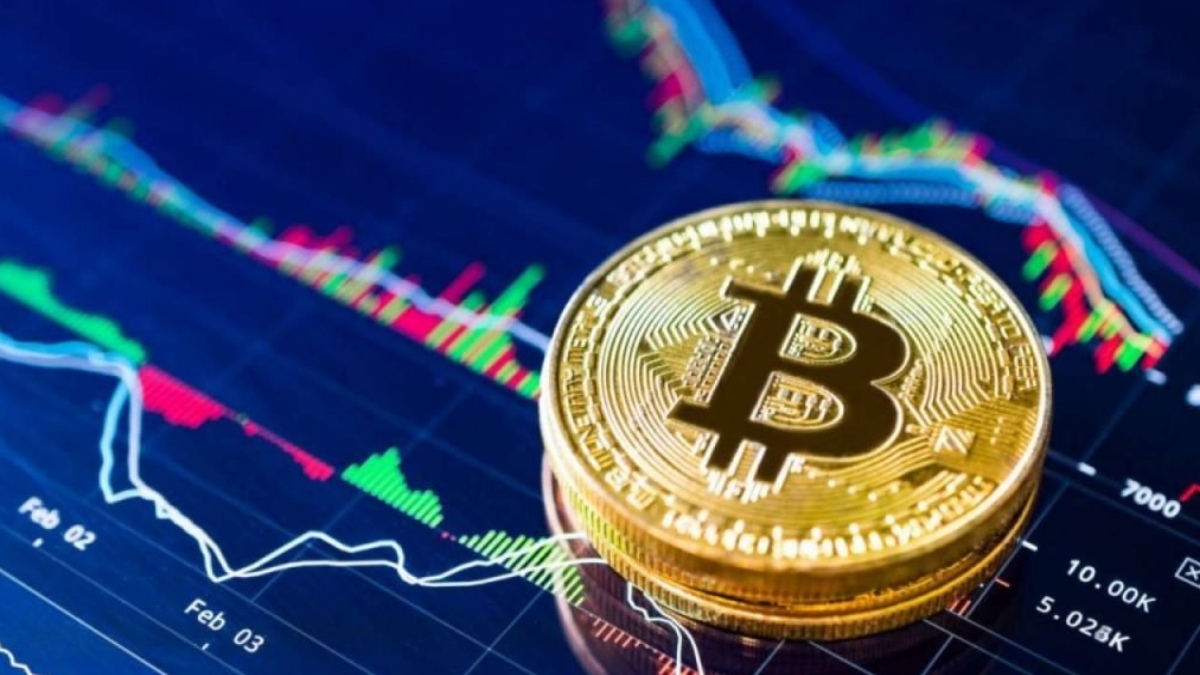In today’s digital age, data has become the lifeblood of the global economy. Organizations across various industries strive to collect, analyze, and leverage data to gain insights, make informed decisions, and drive innovation. However, data sharing and monetization can be complex and challenging due to issues of trust, security, and privacy. This is where Ocean Protocol, a revolutionary blockchain-based platform, comes in. EOS has been a trusted blockchain in the market but how it compares with other blockchain platforms. Read this guide spotlighting EOS vs. other Blockchain Platforms and know which work well.
What is the Ocean Protocol?
Ocean Protocol is a decentralized data exchange protocol built on blockchain technology. It provides a robust infrastructure that facilitates the efficient sharing, discovery, and monetization of data while ensuring data privacy and integrity. By leveraging the power of blockchain, Ocean Protocol eliminates the need for intermediaries and allows data owners to retain control over their valuable assets.
How does Ocean Protocol work?
● Data Providers: Individuals, organizations, or machines can act as data providers by offering their data sets to the Ocean Protocol network. These data sets can be anything from scientific research data to IoT-generated data.
● Publishing and Discovery: Data providers publish their data sets on the Ocean Protocol network, providing detailed descriptions and metadata. This allows potential consumers to discover and evaluate the available data sets based on their specific needs and requirements.
● Data Access Control: Ocean Protocol employs advanced cryptographic techniques to ensure secure and controlled access to data. Data owners can specify access conditions and pricing models for their data sets, giving them complete control over who can access and utilize their data.
● Data Monetization: With Ocean Protocol, data owners can monetize their data sets directly. The platform enables seamless transactions using its native token, OCEAN, allowing data consumers to purchase data sets and compensate data providers in a transparent and efficient manner.
● Compute to Data: To address privacy concerns, Ocean Protocol introduces a paradigm called “Compute to Data.” This approach allows data consumers to perform computations on encrypted data without exposing the raw data itself. It ensures that sensitive information remains secure while enabling valuable insights to be derived from the data.
Key Features and Benefits of Ocean Protocol
Decentralization and Transparency
Ocean Protocol operates on a decentralized network of nodes, making it resistant to censorship and ensuring the integrity of the data shared on the platform. The transparency of blockchain technology further enhances trust among participants, as all transactions and interactions are recorded on the blockchain for anyone to verify.
Privacy and Security
With its robust encryption techniques and privacy-preserving mechanisms, Ocean Protocol addresses the critical concerns surrounding data privacy and security. Data remains under the control of the owners, and access is granted based on predetermined conditions, protecting sensitive information from unauthorized use.
Fair Data Economy
One of the primary objectives of Ocean Protocol is to establish a fair and sustainable data economy. By enabling data owners to monetize their assets directly, the platform incentivizes the sharing of high-quality and valuable data. This empowers smaller players, such as individual researchers and startups, to participate in the data economy and contribute to meaningful discoveries and advancements.
Interoperability
Ocean Protocol is designed to be interoperable with existing data marketplaces, AI frameworks, and other blockchain networks. This interoperability ensures that data can flow seamlessly across different platforms, expanding the reach and accessibility of valuable data sets.
Real-World Applications
The potential applications of Ocean Protocol are vast and diverse. Here are a few examples of how it can revolutionize various industries:
Healthcare and Biomedical Research
Ocean Protocol can facilitate secure and privacy-preserving data sharing among healthcare institutions and researchers. This collaboration can accelerate medical discoveries, enable personalized treatments, and improve healthcare outcomes.
Supply Chain Management
By leveraging Ocean Protocol, supply chain stakeholders can share data related to product provenance, quality assurance, and logistics in a secure and transparent manner. This ensures traceability and enhances trust among participants, mitigating issues such as counterfeiting and fraud.
Energy and Sustainability
Ocean Protocol can enable the sharing of energy consumption data, promoting energy efficiency and sustainability initiatives. This data sharing can lead to optimized energy usage, reduced carbon footprint, and the development of innovative clean energy solutions.
Financial Services
In the financial sector, Ocean Protocol can facilitate the secure exchange of financial data, enabling better risk assessment, fraud detection, and personalized financial services. It can also unlock new opportunities for data-driven investment strategies.
Conclusion
Ocean Protocol represents a paradigm shift in data sharing and monetization. By harnessing the power of blockchain technology, it empowers data owners, enhances privacy and security, and fosters a fair and sustainable data economy. With its decentralized and transparent approach, Ocean Protocol paves the way for innovation, collaboration, and value creation across industries.























